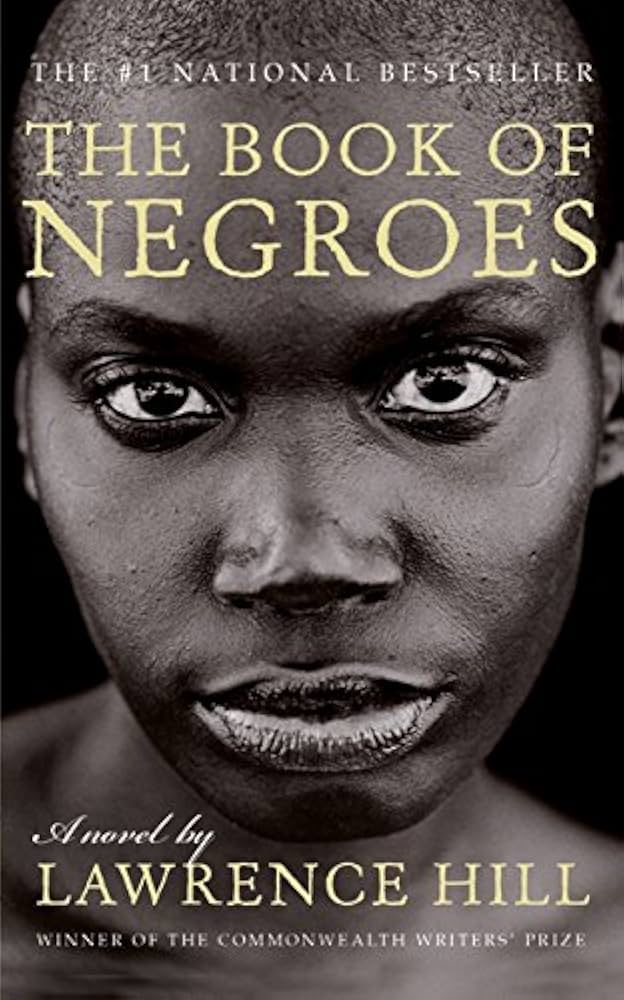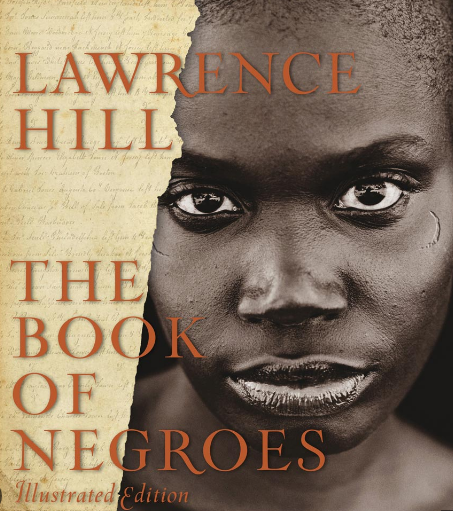Exploring Colonialism and Resistance in “The Book of Negroes”

“The Book of Negroes” is a deeply resonant story that explores themes of resilience, identity, and justice against the backdrop of historical events. It highlights the lesser-known Book of Negroes, documenting freed African Americans’ struggles during and after the Revolutionary War.
Aminata Diallo, the strong and resourceful protagonist, embodies the emotional core of the narrative, showcasing the strength of enslaved individuals and the power of storytelling. The 2015 miniseries enhances these themes with powerful performances and historical authenticity. Both the novel and adaptation critique colonialism and systemic racism, offering universal reflections on freedom, equality, and the fight for dignity.
BOOK OF NEGROES
Aminata’s character serves as the emotional core of the story. Her resilience, intelligence, and indomitable spirit highlight the strength of those who endured unimaginable suffering. Her journey—from her African village to American plantations, through war, and eventual resettlement in Nova Scotia—provides a lens to examine the psychological and emotional toll of slavery, as well as the enduring hope for freedom and self-determination.
The story positions Aminata as a strong, multifaceted female protagonist in a time when women’s voices, especially those of African women, were often silenced. Her ability to navigate patriarchal structures, assert her autonomy, and document her story is a powerful testament to the role of women in resisting oppression.






